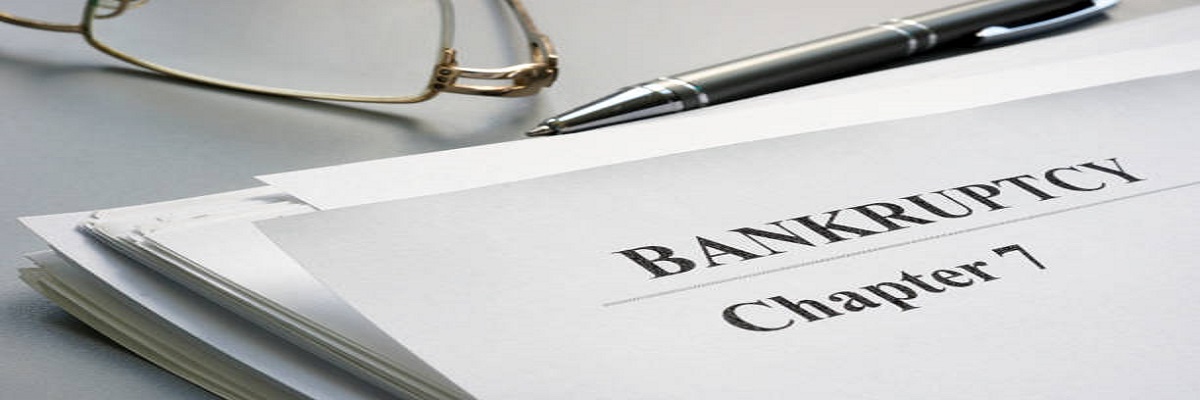Call: 888-297-6203
When individuals buy a property such as a house or a car, they usually take out a loan. The lender requires the borrower to agree that non-payment of the debt allows the creditor to take the purchased property and sell it to recover the outstanding loan balance. This ownership interest in a property is called a lien. Usually, the outstanding price of the property is less than what is owed. As a result, the borrower remains responsible for the outstanding balance, also known as a deficiency. This deficiency balance can be wiped out in a Chapter 7 bankruptcy.
Sometimes liens are also created without your knowledge. Non-payment of tax debts may cause the IRS to record a lien against your property. Several liens on unsecured debts are discovered when the creditor sues the borrower in court. However, when a lender has a lien attached to the property, and the borrower fails to pay for it, the creditor can take that property. If you wish to get rid of your financial debts, bankruptcy is an excellent way to help you. Usually, the creditor’s lien survives Chapter 7 bankruptcy. Due to this, the creditor can secure the property after the bankruptcy case closes and the loan remains unpaid.
Credit Card Debt and Judicial Liens
All liens are not treated similarly. If a borrower fails to pay their unsecured debts like utility bills or credit card balance, the creditor can sue them. Usually, creditors resort to suing in court when the amount owed justifies the cost of litigation. If the borrower does not respond to the civil lawsuit filed by the creditor, the court can issue a default judgment against the borrower. The creditor must complete the necessary steps to enforce the lien. Once the lien is perfected, the borrower can sell the real estate to recover the lien from the sales proceeds. Any funds remaining after paying off the lien are given to the home seller. Judicial liens can endanger your personal property. However, when you file for bankruptcy, you can protect most of the household possessions, including cars and personal property using exemptions. The creditor can use the judgment against you to withdraw money from your bank account or deduct funds from your paycheck.
Liens in Chapter 7 Bankruptcy
Chapter 7 bankruptcy removes your responsibility to pay any secured debt, including any deficiency balance. However, you must give up the collateral (the house, car, or other property) if you cannot pay what you owe. You are required to pay the entire debt to the creditor. However, bankruptcy can wipe your personal liability if the debt qualifies for bankruptcy discharge. In this case, the creditor cannot sue you later for debt collection or use a judicial lien to garnish your wage.
The creditor also can use the lien to recover the collateral. The lien allows them to repossess the property and sell it to recover the debt. Failure to obtain the collateral may lead the lender to sue you, as bankruptcy does not eliminate a lien. However, you can take additional steps to eliminate or reduce the liens on the collateral. The lien qualifies as a secured debt only if the creditor perfects it by recording it with the appropriate local or state records office.
Filing for Chapter 7 bankruptcy can wipe out your obligation to pay any loan, including the deficiency balance attached to secured debt. It can also prevent a tax obligation from being assessed. Call 888-297-6203 to know more about bankruptcy filing from lawyers in Los Angeles.

